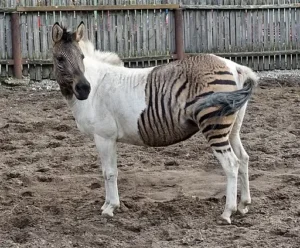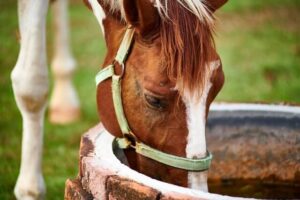People who love gardening have a deep-rooted care for their plants. Gardening is not an easy task, though, and maintaining a garden is a daunting task.
If a garden is cared for and maintained correctly, only then can it provide you with the best results regarding aromatic flowers, juicy fruits, and healthy vegetables. Many gardeners think good horse manure is a key to healthy plants, but it does not apply to all plants.
This article will cover what plants don’t like horse manure. So, scroll down and get more tips about gardening and manure.
Nutrients present in horse manure
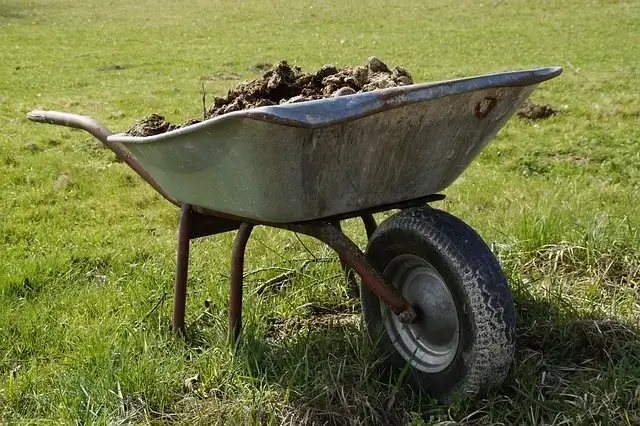
Nitrogen: Horse manure is enriched with high nitrogen. The high percentage of nitrogen in the horse manure stops the growth of the rooted vegetables and some seasonal floral plants.
Plants which doesn’t need high nutrient content in the manure are also on our list.
Phosphorous and potassium: Flowering plants like roses need manure enriched in potassium and phosphorous. But, horse manure has a low presence of potassium and phosphorous. So, it’s a big no for seasonal blooming plants like roses.
Yet, horse manure can be combined with fish emulsion and bone meal for some regular flowering plants to produce the best-resulting manure.
Ammonia: Horse manure is enriched with ammonia. The powerful presence of ammonia in horse manure is a danger sign for mid-season vegetables such as cabbage and broccoli etc.
Because too much ammonia hinders the growth of these mid-season vegetables. But ammonia enrichment makes horse manure suitable for kitchen gardens.
All you need to do is compost the horse manure before use as a garden fertilizer.
What plants don’t like horse manure?
Here’s the list of plants that don’t like horse manure
- Rose plant
- Cabbage plant
- Peas plant
- Broccoli plant
- Aubergines
- Carrot plant
- Beetroot plant
- Potato plant
- Onion plant
- Cucumber plant
- Pepper plant
- Tomato plant
Disadvantages of horse manure
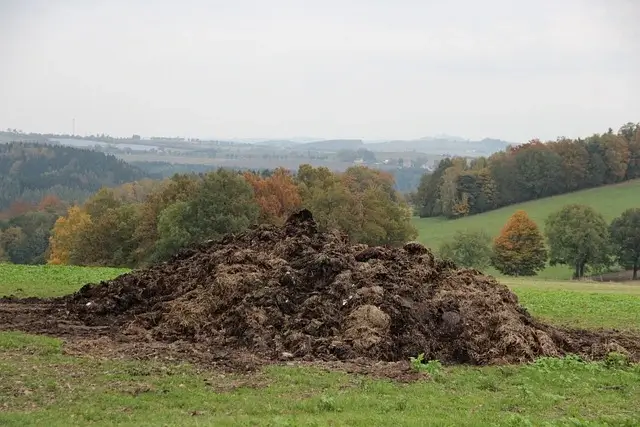
If you have plenty of horse manure and want to use it in your garden, consider its consequences before making the final decision.
Because using horse manure in your garden may lead you to trouble by destroying all your garden plants, so never jump to the decision of using horse manure without knowing about what plants don’t like horse manure.
1. Horse manure is indigestible to some plants.
Just like, some foods are not digestible to humans, the same happens with plants. These are some manures that are very hard to get digested by plants and get the total nutrient content from the manure.
Horses cannot break their undigested food completely, so the undigested food items, such as weeds and seeds, remain as such in the horse manure. When given as manure, these undigested food items are waste for the flowering plants.
Must Read: Can Horses Eat Blackberries?
2. Nitrogen content is very high in horse manure.
As discussed above, horse manure is enriched with nitrogen content. Yet, this high nitrogen content can be a savior to some plant species, while it’s detrimental for other plants and berries. The high nitrogen content of horse manure can be decreased by keeping it for composition for around two years.
3. Horse manure is alkaline in nature.
Raw and fresh horse manure is alkaline in nature. If you don’t add other nutrients, its alkaline nature can destroy some flowering plants and species of berries. Because the berries have acidic nature and the alkaline nature of horse manure will work adversely on the growing berries plants.
4. Delayed composting time of horse manure
While the manure of other animals like cow, goat, and buffalo composite so soon, horse manure takes a long time to compost. The extra composting time the horse manure takes is the significant side effect of choosing it as your garden manure.
Tips and tricks to use horse manure as a fertilizer
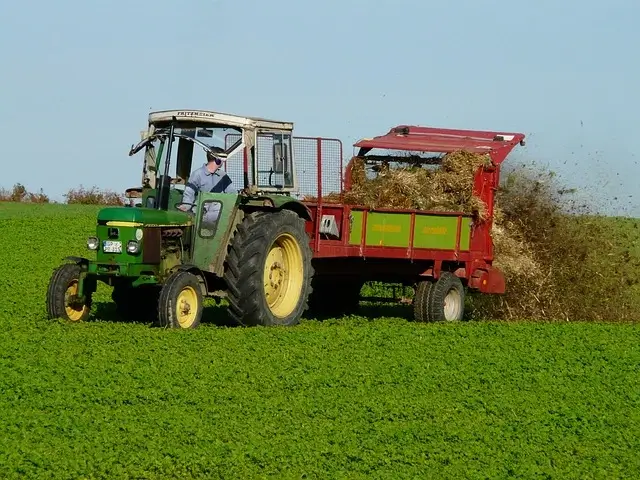
We are not saying to altogether avoid horse manure and dice on the other animal’s manure. The nutrient enrichment in horse manure makes it suitable for the growth of plants.
It’s just that some plants’ horse manure doesn’t benefit from its nutrient content. But if the horse manure is readily available to you, then you can choose it as a manure.
Here are some simple tips and tricks that would help you get maximum plant benefits from horse manure.
- You must avoid the use of fresh horse dung directly on the plants. Because fresh horse dung is alkaline in nature, it may destroy the roots of the growing plants by burning them.
- The best horse manure for plants is the one that is dried for a long time in cold temperatures. You can use horse manure which is dried for at least one winter season.
- If you are growing a new garden, consider growing the plants in well-aged soil. Because when well-aged soil is combined with horse manure, its nutrient enrichment gets doubled, making the plants grow healthy.
- It would help to consider using refined or composite horse manure for your plants. The reason behind composite horse manure is that raw horse manure contains a lot of unwanted seeds and weeds.
- The manure composting process generates a lot of heat, and thus, it destroys the unwanted seeds, weeds, harmful pets, and bacteria generally present in horse manure.
- Another reason behind the recommendation of composite horse manure is that the composite form of manure can be used throughout the year.
Recommended Reading: How Is Horse Hair Harvested?
Does horse manure work as a good fertilizer for trees?
Horse manure is a potential fertilizer for big fruit trees like mango, apple, and guava. But the gardener must avoid using fresh horse dung directly as manure.
The high nitrogen content in the fresh horse manure harms the trees and kills the young sapling of the fruiting trees.
So, using a composite form of horse manure is an excellent idea to get maximum nutrient benefits from horse manure.
Is horse manure better than cow manure?
Horse manure has much more nutrient enrichment than cow manure. But it all depends on what plants don’t like horse manure.
The nutrients present in horse manure, such as potassium, phosphorous, and nitrogen, help in the growth of the plants and add nutritional value to the fruits or vegetables of the plant.
While the cow manure majority function to improve the texture and health of the soil, which can ultimately work for plant health.
Frequently asked questions
Q1. Does horse manure contain any toxic substances?
Ans: No, the horse manure has biodegradable and natural substances. Any nutrient or substance present in normal horse manure is non-toxic. No single substance is found in horse manure which signifies any toxicity to plants, animals, or humans.
Q2. Can I put horse manure in my rose garden?
Ans: Rose plants are very delicate and fragile, just like roses. If you use horse manure to nourish your rose garden, it may destroy your garden by burning the roots of rose plants. Even if you want to use horse manure in your rose garden, make it organic manure by mixing it with dried leaves, rotten vegetables, and grass.
Q3. What is the compositing time of horse manure?
Ans: Fresh horse manure takes two years to get completely composite. During this period, horse manure’s texture improved, the horse dung broke into fine pieces, and the manure’s nutrient quality improved. You can also add some dried leaves, rotten-dried vegetables, and other organic manuring substances to make the horse manure more nutrient-enriched during composting.
Final words: What Plants Don’t Like Horse Manure?
The sum of this article is that horse manure is enriched with essential nutrients, but still, horse manure is not an ideal choice for some garden plants.
We have given you a detailed analysis of what plants don’t like horse manure and why. Now that you know the idea of using horse manure in the soil, don’t forget to compost it before applying.
While choosing horse manure for your vegetable garden, always go for the making it organic one. Hopefully, this article’s content added value to you. Happy gardening.

